Shop by Department
- Hot Offers
-
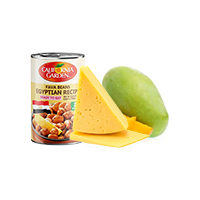 Egyptian Grocery
Egyptian Grocery
-
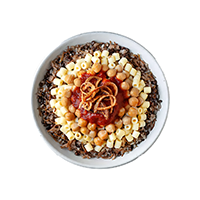 Egyptian Kitchen
Egyptian Kitchen
-
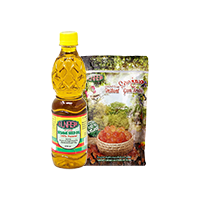 Sudanese Grocery
Sudanese Grocery
-
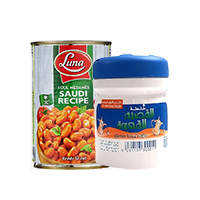 Saudi Grocery
Saudi Grocery
-
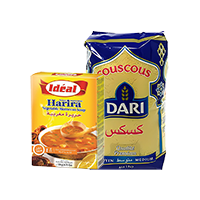 Moroccan Grocery
Moroccan Grocery
-
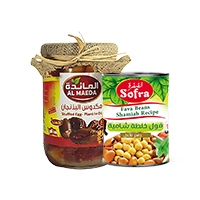 Syrian Grocery
Syrian Grocery
-
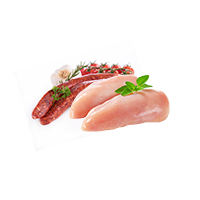 Halal Butchery
Halal Butchery
-
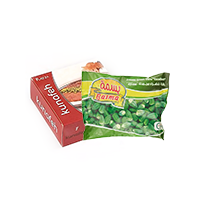 Frozen Food
Frozen Food
-
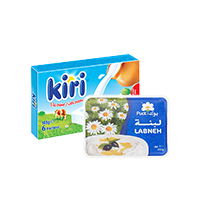 Chilled & Dairy
Chilled & Dairy
-
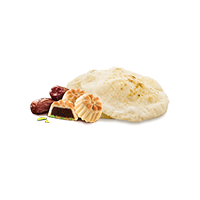 Bakery
Bakery
-
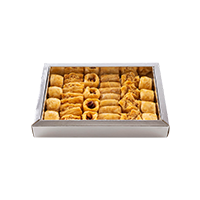 Desserts
Desserts
-
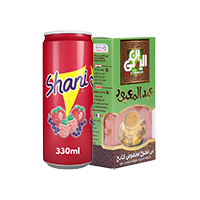 Beverages
Beverages
- Household & Personal Care
- Back to School
- Eid Al Adha
- Halawet El Moled
-
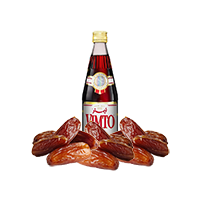 Ramadan
Ramadan
- Sham El-Nessim
- Summer
-
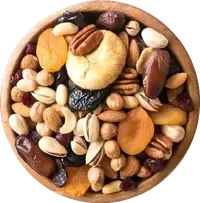 Uncategorized
Uncategorized
- Winter
-
 Persian Grocery
Persian Grocery
-
 Eid Kahk & Biscuits
Eid Kahk & Biscuits
-
 Fish & Seafood
Fish & Seafood
-
 New Arrivals
New Arrivals
-
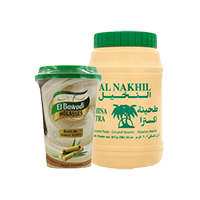 Food Cupboard
Food Cupboard
- Home Bake
-
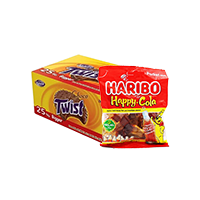 Snacks & Confectionary
Snacks & Confectionary
-
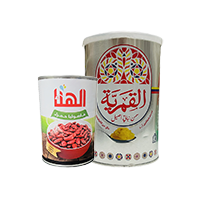 Yemeni Grocery
Yemeni Grocery
-
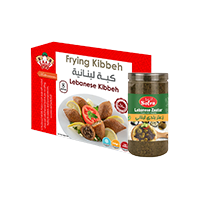 Lebanese Grocery
Lebanese Grocery
-
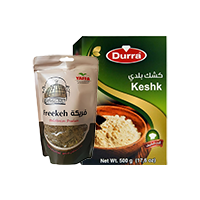 Palestinian & Jordanian Grocery
Palestinian & Jordanian Grocery
-
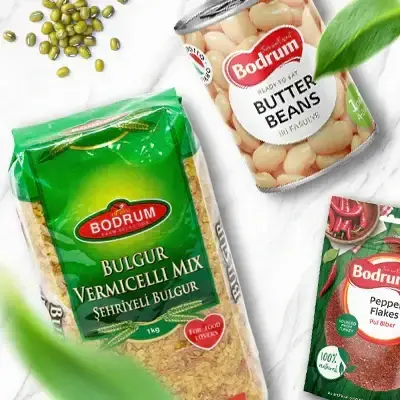 Turkish Grocery
Turkish Grocery
-
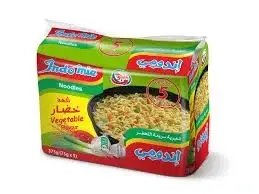 Instant Noodles
Instant Noodles
-
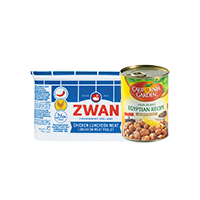 Canned Food
Canned Food
-
 Best Sellers
Best Sellers
-
 Buy Bulk
Buy Bulk


